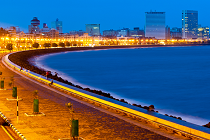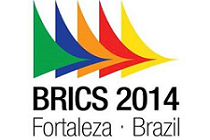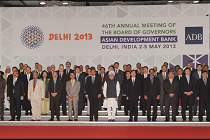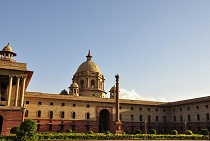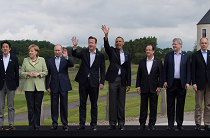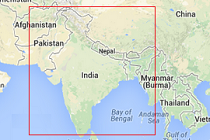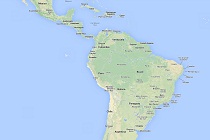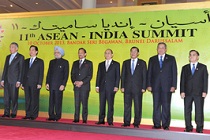BRICS bank: what’s in a location?
The New Development Bank was formalised at the just concluded meeting of the leaders of the BRICS nations in Fortaleza in Brazil this week. The location is to be Shanghai. The more appropriate and natural choice for locating the bank would have been Mumbai. There are several reasons why

